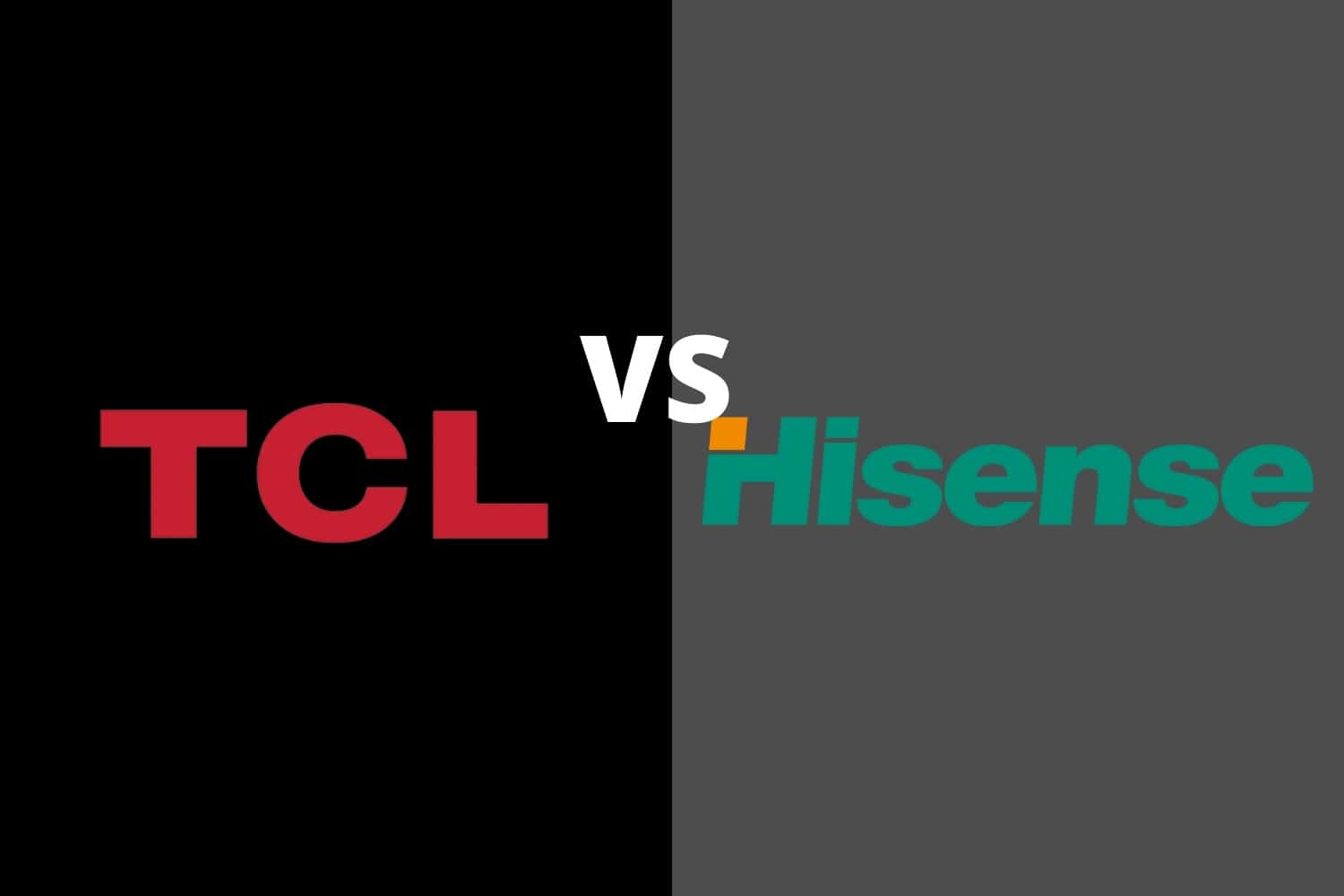Introduction
In the digital age, technology continues to transform various aspects of our lives, and event management is no exception. The introduction of Quick Response (QR) codes has revolutionized the way event registrations and check-ins are conducted. QR codes provide a seamless and efficient solution for event organizers and attendees alike, simplifying the entire process and enhancing the overall event experience. In this article, we will explore how QR codes have become a game-changer in the event industry, making event registrations and check-ins hassle-free.
Streamlined Event Registrations
Traditionally, event registrations involved manual processes such as paper forms, email confirmations, and physical tickets. These methods often resulted in long queues, lost tickets, and logistical challenges for both organizers and attendees. QR codes have brought a breath of fresh air by eliminating these hurdles.
Event organizers can generate unique QR codes for each attendee during the registration process. These codes can be easily embedded on e-tickets, event invitations, or registration confirmations. Attendees can then conveniently store these codes on their smartphones or print them out, ready for scanning.
Convenient Check-ins
Gone are the days of cumbersome manual check-in procedures at events. QR codes have made the process of checking in faster, more accurate, and hassle-free. Event organizers can set up scanning stations equipped with QR code readers or simply use smartphones with QR code scanning capabilities.
When attendees arrive at the event, they can simply present their QR codes for scanning. The QR code reader quickly captures the information, verifies its authenticity, and updates the attendance record. This efficient process not only saves time but also minimizes the risk of errors and reduces staffing requirements for event organizers.
Enhancing Attendee Experience
QR codes offer significant benefits to event attendees. With a simple scan, attendees can enter the event premises swiftly, avoiding long queues and delays. Additionally, QR codes eliminate the need for physical tickets, reducing the chances of misplacing or losing them. Attendees can have their QR codes readily available on their smartphones, making it convenient to carry and access their event information.
Furthermore, QR codes can be utilized to provide attendees with personalized experiences. Organizers can link QR codes to additional event resources, such as schedules, speaker profiles, and exclusive offers. This enables attendees to access relevant information instantly, enhancing their overall event experience.
Improved Data Collection and Analysis
One of the significant advantages of QR codes is the ability to capture valuable data for event organizers. Each QR code scan provides essential information about the attendee, including their arrival time, attendance duration, and session preferences. This data can be compiled and analyzed to gain insights into attendee behavior, event popularity, and areas for improvement.
With access to real-time data, event organizers can make informed decisions, adjust event logistics, and tailor future events to better meet attendees’ expectations. QR codes serve as a powerful tool for data collection and analysis, facilitating continuous improvement and enhancing the success of future events.
Enhanced Security and Fraud Prevention
QR codes offer an added layer of security and fraud prevention for events. The unique QR code assigned to each attendee ensures that only authorized individuals gain access. By scanning the code, event organizers can verify its authenticity, minimizing the risk of counterfeiting or unauthorized entry.
QR codes can also be time-sensitive, allowing event organizers to set specific check-in time windows. This feature prevents unauthorized entry by restricting access to the designated event time and helps maintain event security.
Conclusion
QR codes have transformed the event industry by simplifying event registrations and check-ins. They streamline the entire process, making it faster, more convenient, and error-free for both event organizers and attendees.





